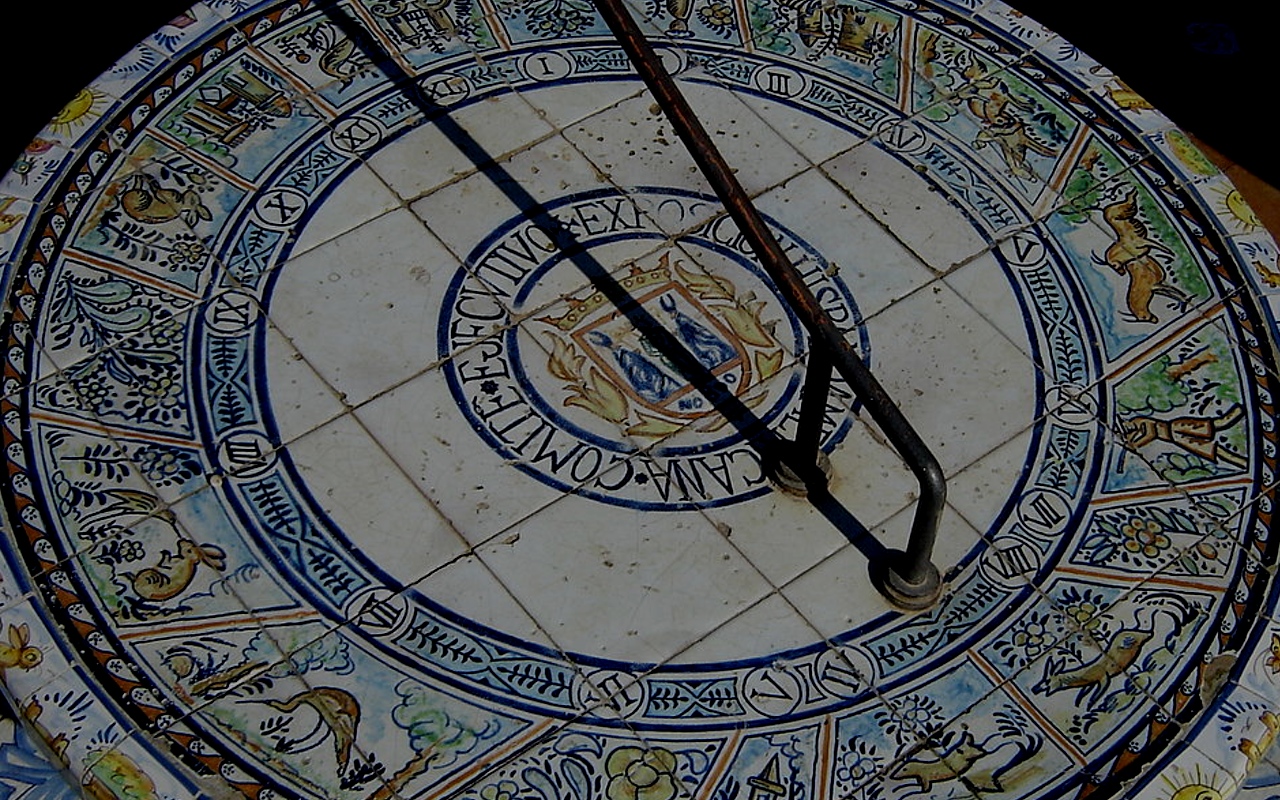
"Why Apple Watch Isn't The Most Advanced Timepiece"
But these experts should know—they may not write for Re/code or Consumer Reports, but they’ve spent their lives studying the history of timepieces, a field known as horology. It may be less sexy than current consumer thrall to every gadget coming out of Silicon Valley, but to horologists the measure of how advanced a timepiece is depends on how much it advanced society.
While Rosenbaum’s premise is a loose excuse to wax philosophical about the niche field of horological history, it’s pretty thin in its argument that the new device won’t live up to whatever great society-changing standard he imagines a wrist-based world-time chronograph nobody ever needed actually ever did.
The fact that Rosenbaum frames Apple Watch as a “timepiece” is indication enough that he’s comparing two wholly different paradigms. That is to say, he’s comparing Apples and Rolexes. Apple Watch is not a timepiece, and its impact on the world won’t be measured in terms of something so fundamental as finally allowing the everyman to know exactly what time it is. I’ll grant that Apple itself set up this false equivalency with their inane “Timekeeping” talking points, but it’s still a stupid thing to buy into.
Plus, if we’re talking about societal impact, it is more apt (and far more honest) to consider Apple Watch as exactly what it is: an extension of iPhone. And regardless of your hobbyist leanings or mechanical morality, there’s no conceivable way to successfully argue that the smartphone — fueled in largest part by iPhone — isn’t at least as important and meaningful to the evolution of our connected world as any timekeeping movement ever was.
Apple Watch is a big deal simply because it’s the first viable mass-market wearable computer.
Apple Watch is revolutionary because the iPhones it helps to sell still are.